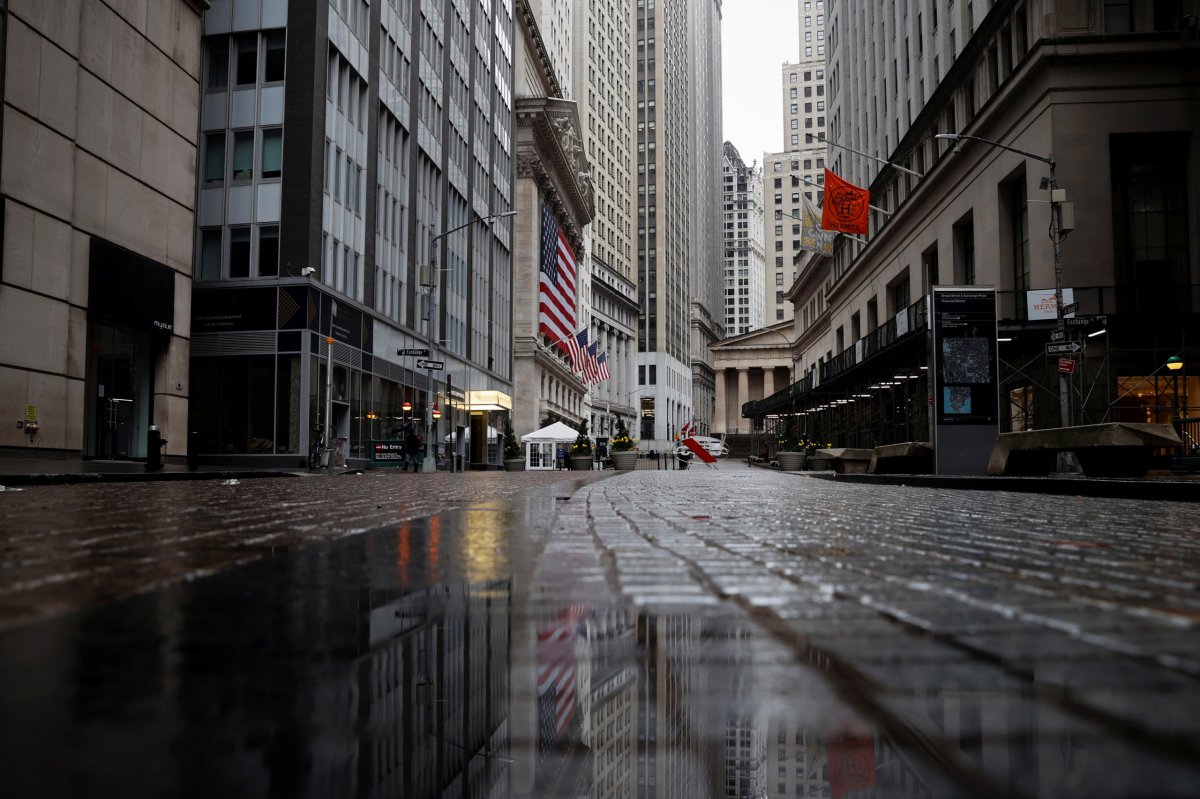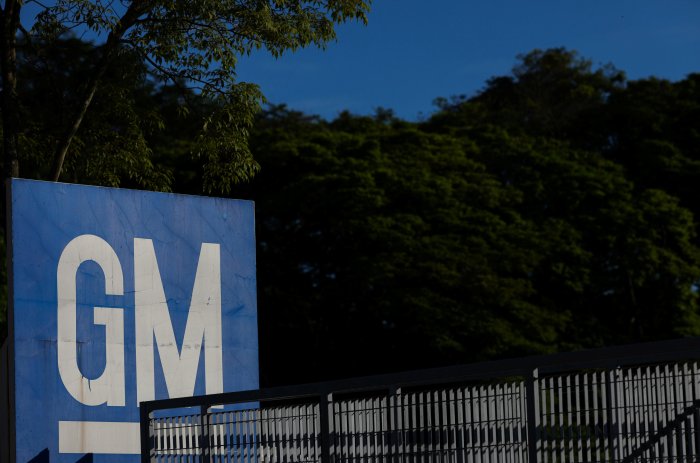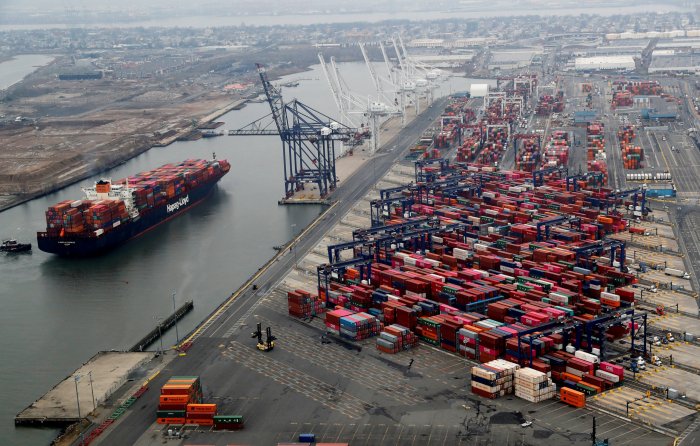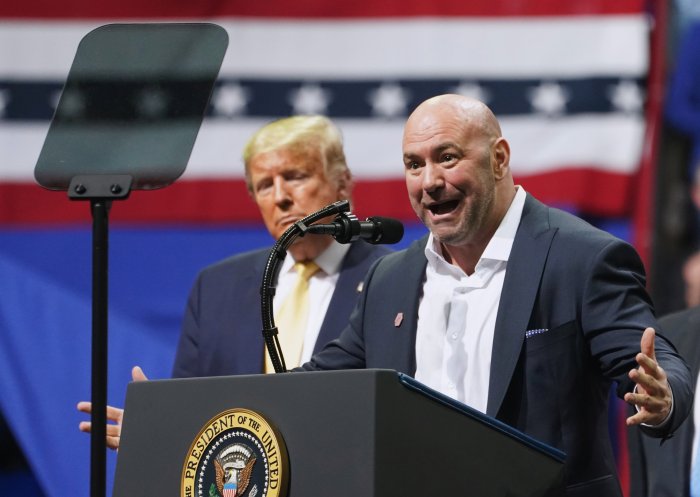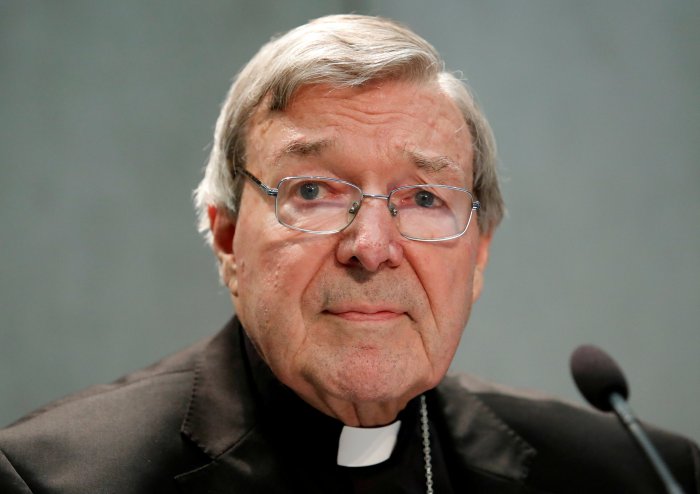NEW YORK (Reuters) – World equity markets surged and oil prices jumped on Wednesday on hopes the coronavirus pandemic is getting close to peaking and that more government stimulus measures could be on the way.
After U.S. stock markets closed on Tuesday, President Donald Trump said the United States may be getting to the top of the coronavirus curve, suggesting the number of cases and fatalities may be approaching a peak. [nL1N2BV2QP]
The Trump administration asked Congress for an additional $250 billion in emergency economic aid for small U.S. businesses reeling from the impact of the outbreak.
Broad gains in the United States helped push MSCI’s index of global equities up 2.05% after a rally in Japan and modest declines in Europe.
On Wall Street, the Dow Jones Industrial Average rose 779.71 points, or 3.44%, to 23,433.57, the S&P 500 gained 90.57 points, or 3.41%, to 2,749.98 and the Nasdaq Composite added 203.64 points, or 2.58%, to 8,090.90.
“After the market rallying, we are having some consolidation as we are in a bottoming process, and you cannot have a V-shaped recovery,” said Francois Savary, chief investment officer at Swiss wealth manager Prime Partners. “Trading is between 2,200 to 2,800 on the S&P 500 at the moment and we will stick to that for the time being as we are in recovery phase.”
U.S. gains helped bolster other world markets after euro zone finance ministers failed to agree during all-night talks on more support for their coronavirus-hit economies. Eurogroup chairman Mario Centeno said on Wednesday he was suspending the discussions until Thursday.
France has officially registered more than 10,000 deaths from coronavirus infections, the fourth country to cross that threshold after Italy, Spain and the United States.
Hospitalizations for COVID-19, the respiratory disease caused by the new coronavirus, seemed to be leveling off in New York state, but deaths across the United States jumped on Tuesday by a record of more than 1,800.
Wuhan, the Chinese city where the new coronavirus emerged, ended its more-than two-month lockdown on Wednesday, but new imported cases in the far northern province of Heilongjiang surged to a daily high of 25.
Investors edged out of U.S. Treasuries, which have rallied to record-low yields over the last month. Benchmark 10-year notes last fell 5/32 in price to yield 0.75%, from 0.734% late on Tuesday.
“While the virus’ curve is flattening, the economic effects of the corona crisis will linger for years in our view,” Commonwealth Bank of Australia economist Joseph Capurso said in a note.
“Economies will take time to re‑open, some businesses will not re‑open, and unemployment will take years to return to levels reported at the end of 2019.”
Oil prices rose ahead of a meeting on Thursday between OPEC members and allied producers that traders hope could lead to output cuts to shore up prices.
Brent crude added 5.6% to $33.2567 per barrel after falling 3.6% on Tuesday. U.S. West Texas Intermediate (WTI) crude rose 9.9% to $25.98 a barrel.
(Reporting by David Randall; Editing by Bernadette Baum, Sonya Hepinstall and Paul Simao)

